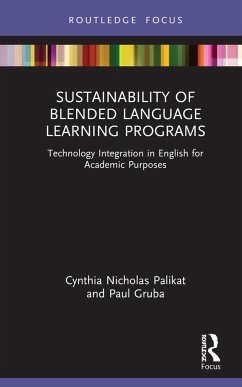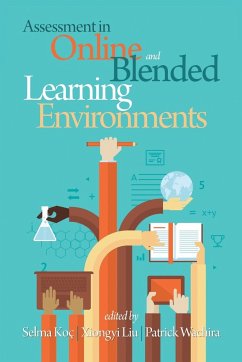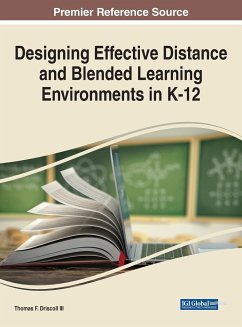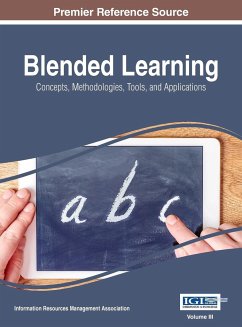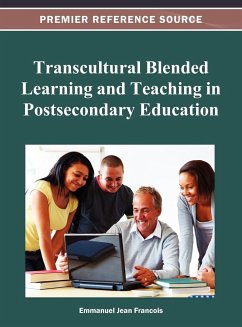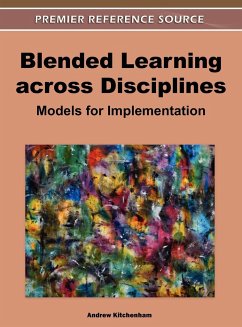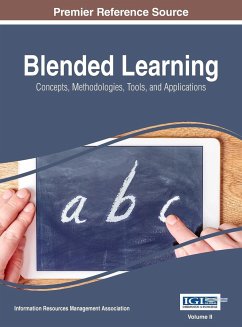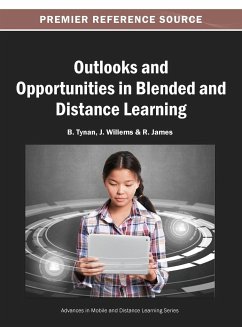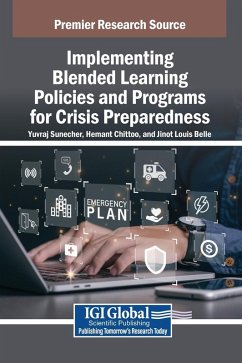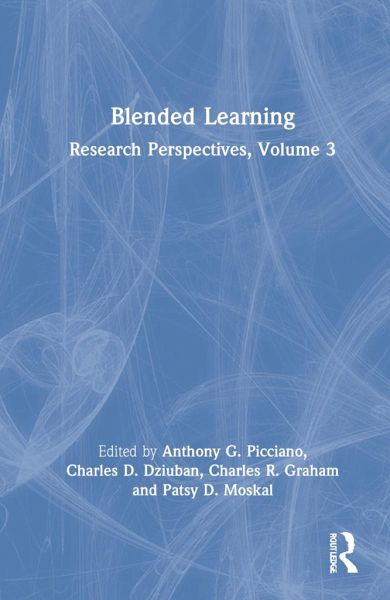
Blended Learning
Research Perspectives, Volume 3
Herausgeber: Picciano, Anthony G.; Graham, Charles R.; Dziuban, Charles D.
Versandkostenfrei!
Versandfertig in 1-2 Wochen
168,99 €
inkl. MwSt.

PAYBACK Punkte
84 °P sammeln!
Blended Learning: Research Perspectives, Volume 3 offers new insights into the state of blended learning, an instructional modality that combines face-to-face and digitally mediated experiences. Education has recently seen remarkable advances in instructional technologies such as adaptive and personalized instruction, virtual learning environments, gaming, analytics, and big data software. This book examines how these and other evolving tools are fueling advances in our schools, colleges, and universities. Original scholarship from education's top thinkers will prepare researchers and learning...
Blended Learning: Research Perspectives, Volume 3 offers new insights into the state of blended learning, an instructional modality that combines face-to-face and digitally mediated experiences. Education has recently seen remarkable advances in instructional technologies such as adaptive and personalized instruction, virtual learning environments, gaming, analytics, and big data software. This book examines how these and other evolving tools are fueling advances in our schools, colleges, and universities. Original scholarship from education's top thinkers will prepare researchers and learning designers to tackle major issues relating to learning effectiveness, diversity, economies of scale, and beyond.




